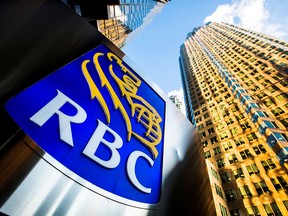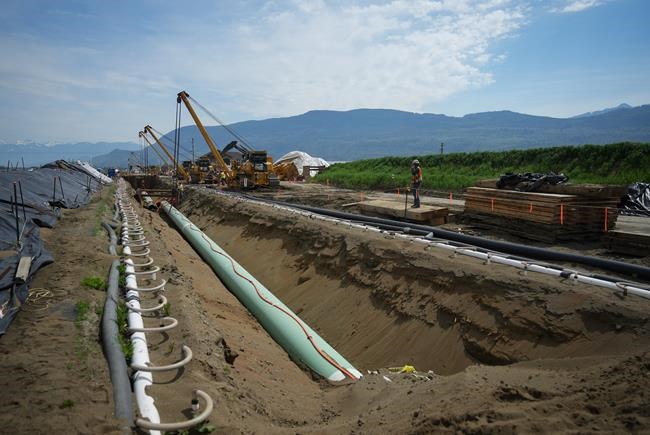“U.S. Investors Drive Change: RBC Alters Reporting Approach for Green and Fossil Fuel Investments”

Canada’s foremost banking institution, the Royal Bank of Canada (RBC), has recently shifted its stance on disclosing the proportion of investments allocated to green energy as opposed to fossil fuel energy. This strategic pivot follows pressure from New York City’s prominent public pension funds, eliciting a mix of praise from environmental groups alongside reservations regarding its efficacy in reducing carbon emissions.
RBC, alongside financial heavyweights JPMorgan Chase and Citi, has committed to divulging the ratio of investments in clean energy projects compared to fossil fuel extraction. The change in direction comes after concerted efforts by New York City Comptroller Brad Lander, who oversees several pension funds, to advocate for enhanced transparency in financial institutions’ investment practices. Despite initial resistance from RBC’s board of directors, shareholder motions pushed the bank to reconsider its stance, leading to the recent agreement.
While this agreement represents a step towards greater transparency, it does not mandate RBC to decrease investments in carbon-emitting projects. Instead, it primarily focuses on disclosing the allocation of funds, leaving the responsibility of reducing carbon emissions largely unchecked. However, RBC has previously committed to achieving “net-zero” lending practices by 2050, a pledge that shareholders like Lander intend to hold the company accountable for.
The involvement of institutional investors such as pension funds in influencing corporate environmental policies is not an isolated incident. According to Sebastian Betermier, an associate professor of finance at McGill University, investor activism aimed at promoting sustainability is a global phenomenon, often conducted discreetly. Many pension funds have committed to achieving carbon neutrality by 2050 and engage with firms as a means to decarbonize their portfolios.
RBC has indicated its intention to provide a “clean energy supply financing ratio” in its forthcoming climate report, demonstrating a willingness to engage constructively with stakeholders. However, environmental groups such as Stand.earth and Environmental Defence Canada remain skeptical about the extent to which these disclosures will translate into meaningful emissions reductions. They emphasize the importance of RBC scaling back investments in polluting industries rather than simply accounting for emissions.
The reversal of RBC’s policy underscores the evolving landscape of corporate responsibility, where financial institutions face increasing pressure to align their investments with environmental sustainability goals. While disclosure of investment ratios represents a positive step, the true measure of progress lies in tangible actions taken to mitigate climate change and transition towards a low-carbon economy. As stakeholders continue to demand accountability, financial institutions like RBC must navigate the delicate balance between profitability and environmental stewardship in a rapidly changing world.




